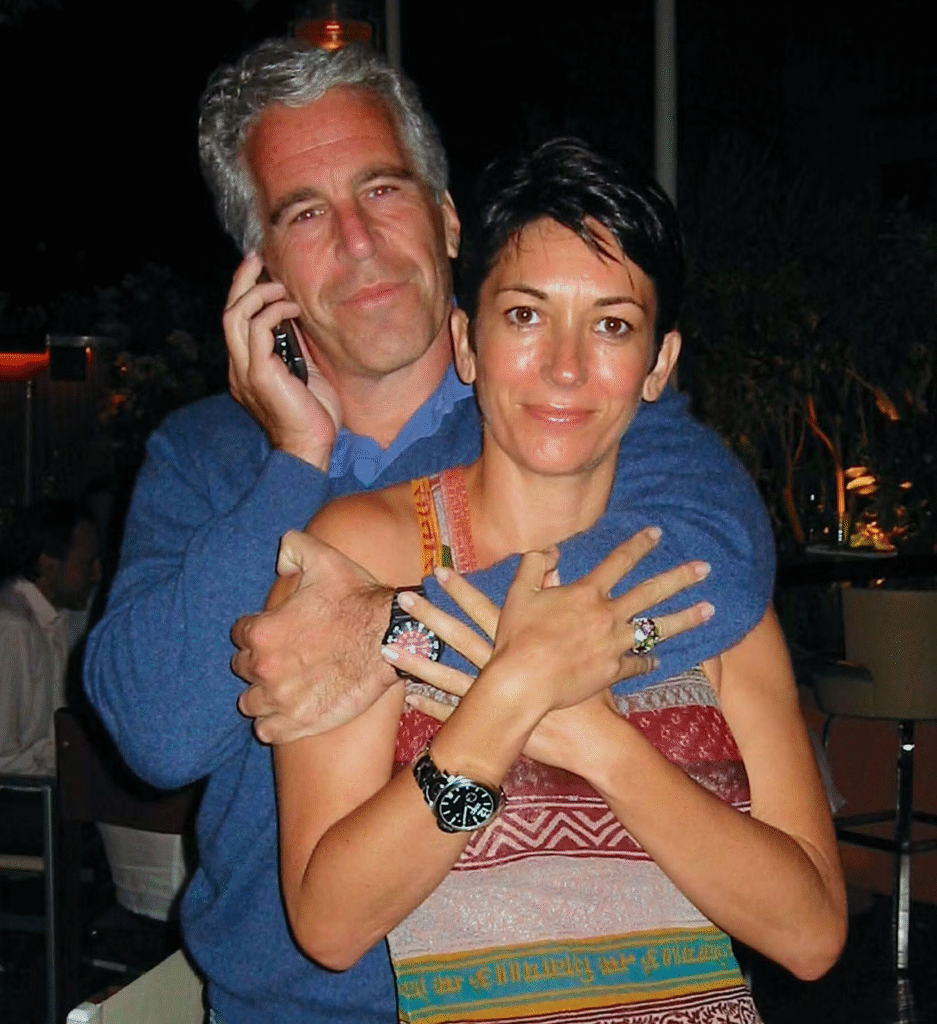Politics
Tucker Carlson: “Epstein Was a Mossad Spy”
This article is an exploration of Tucker Carlson’s opinions and arguments. The views expressed are his alone and do not reflect those of Bolanle Media or its editorial team.
The Power of the Unanswered Question
There’s a certain electricity in the air whenever the name Jeffrey Epstein comes up. The story has become a kind of cultural Rorschach test: a scandal, a mystery, a symbol of everything people feel is broken about power in America. But what happens when someone insists on asking the questions everyone else wants to sweep under the rug?

Tucker Carlson, never one to shy from controversy, has taken the Epstein discourse to a new level. In his view, the real scandal isn’t just Epstein’s crimes—it’s the refusal of those in power to answer the most basic questions about them. For Carlson, the heart of the matter is this: Why did Epstein have so much money, so many connections, and so much apparent immunity? And, most explosively, on whose behalf was he operating?
The Mossad Theory: Carlson’s Central Claim
Carlson’s position is unambiguous: he believes that Jeffrey Epstein was not simply a lone predator, but was working for foreign intelligence—specifically, Israel’s Mossad. He frames this not as a wild conspiracy, but as a logical question stemming from the facts as he sees them:
- Epstein’s meteoric rise: How does a former math teacher with no college degree end up with private jets, a private island, and the largest residence in Manhattan?
- Foreign connections: Why did Epstein have such close ties to high-ranking Israeli officials and other foreign actors?
- Lack of transparency: Why, after years of investigations and media coverage, do basic questions about Epstein’s finances and operations remain unanswered?
Carlson is adamant: asking these questions is not an act of hate or bigotry. It is, in his view, the duty of a free citizen.
The Right to Ask—and the Pushback
A central theme in Carlson’s argument is the right to ask uncomfortable questions—and the dangers of a culture that tries to silence them. He rails against what he sees as a new orthodoxy: if you question official narratives, you’re dismissed as a conspiracy theorist or worse. If you ask about foreign influence, you’re labeled a bigot.
“When you ask a direct question to someone in charge, you are due. That person is morally bound to give you an answer. He’s not bound to agree with you, but he’s bound to stop and answer your question.”
For Carlson, the refusal to answer—or even to allow the question—signals something deeper: a system that no longer respects its citizens, a leadership class that feels unaccountable, and a media that polices the boundaries of acceptable discourse.
The Broader Frustration
Carlson’s Epstein argument is not just about one man or one scandal. It’s about the frustration of ordinary people watching the powerful evade accountability—whether it’s billionaires, bureaucrats, or foreign governments. He draws a direct line from the Epstein case to broader issues of economic inequality, political corruption, and the erosion of trust in American institutions.
He argues that the “Epstein problem” is a microcosm for a larger crisis: a system where the rules don’t seem to apply to the elite, and where ordinary people are told to stop asking questions and accept whatever they’re told.
Why This Matters
For Carlson, the stakes are nothing less than the health of American democracy. He insists that citizens have a right—and a duty—to demand answers from those in power, no matter how uncomfortable those questions may be. He warns that silencing dissent and policing inquiry do not make problems go away; they only drive resentment underground.
“Criticizing the behavior of a government agency does not make you a hater. It makes you a free person. It makes you a citizen.”
Final Thoughts
Whether or not one agrees with Tucker Carlson’s conclusions, his insistence on the right to ask is a reminder of something fundamental: A free society depends on the ability to question, to doubt, and to demand answers from those who wield power. The Epstein saga, in Carlson’s telling, is not just about one man’s crimes—it’s about who gets to ask questions, who gets to decide what’s important, and who gets to be heard.
In the end, Carlson’s argument is less about proving a particular theory and more about defending the principle that no question—especially about those in power—should ever be off-limits.